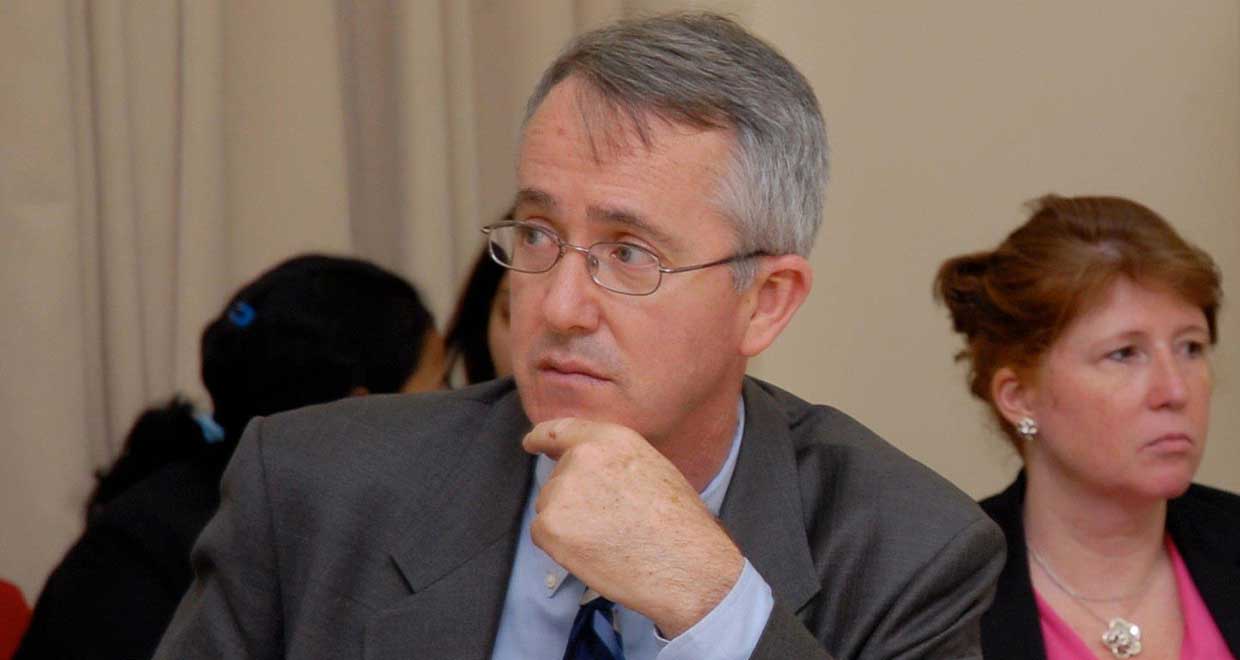Fred earned his J.D. from the City University of New York’s (CUNY) School of Law in 1986. In 1998 he returned to CUNY Law to direct a “unique public/private partnership” that offered a network of support and resources for CUNY Law graduates committed to increasing access to justice through their solo and small firm practices. The New York Law Journal, New York Times, Legal Times and American Bar Association Journal have highlighted Fred’s successes and bar associations and law school faculty and administrators across the US rely on Fred’s work when designing their own post-graduate programs.
In January 2010, Fred was awarded the 2010 Father Robert Drinan Award by the American Association of Law School’s (AALS) and on February 5, 2010, he accepted the American Bar Association (ABA) Standing Committee on the Delivery of Legal Services’ 2010 Louis M. Brown Award for Legal Access, which was awarded to CLRN. The Brown Award recognizes innovative programs that meet the legal needs of those who do not qualify for legal aid yet still aren’t able to afford typical legal fees.
In June 2013, Fred completed a ten-month Fulbright in the Dominican Republic where he launched the first law school incubator outside of the United States. Three months later, the American Bar Journal named Fred a “2013 Legal Rebel” and recognized him as “the Father of Incubators”.
On February 5, 2014, the U.S. Department of State’s Bureau of Educational and Cultural Affairs (ECA) and the Institute of International Education’s Council for International Exchange of Scholars (CIES) added Fred to its roster of Fulbright Specialists. Since October 2014, he has traveled to Pakistan on four occasions to conceptualize an incubator for recent Pakistani law graduates. Fred was in Islamabad on April 26, 2016 to take part in the formal launching of the first incubator for lawyers in Asia. He is currently an adjunct faculty member at Texas A&M University School of Law.
In this interview we speak to him about:
- Being Commissioner of the ABA’s Commission on Hispanic Legal Rights & Responsibilities
- His engagement with Community Legal Resource Network (CLRN)
- His experience thus far and plans for the future
Why did you choose to pursue a degree in law, amidst the many options that you had?
After graduating from college, I was employed as a social worker and English instructor for immigrants. During my years working with immigrants, I was able to see how difficult life is in a foreign country where immigrants are not always welcome. Many of my clients/students were victimized by discrimination and racism. I realized that to be more effective as an advocate for the most marginalized and vulnerable members of my community, I needed to become a lawyer.
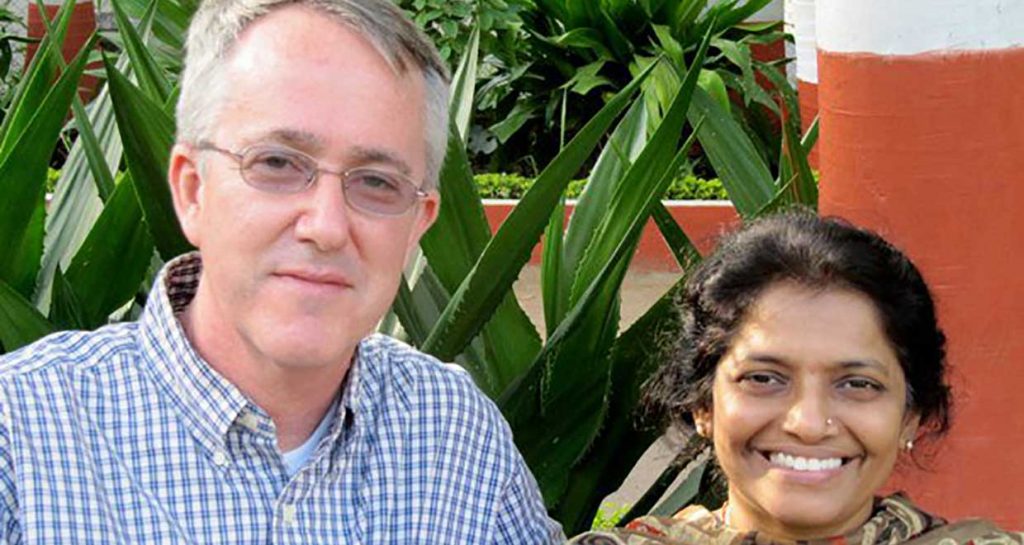
Tell us a little about your days in law school, at City University of New York School of Law.
I was delighted to be accepted to the City University of New York’s inaugural class in 1983. Many of the reasons I chose CUNY Law are stated on its website. For example, “CUNY Law students bring a passion to make a difference in their communities”. CUNY Law gives them the tools to make that change. As the nation’s premier public interest law school, we are driven by a mission to enhance the diversity of the legal profession and graduate outstanding attorneys intent on creating change for the better. A CUNY Law education prepares lawyers who are ready to right the wrongs, stand up for the underserved and fight for social justice.
I thoroughly enjoyed my three years of legal education since as a student, I was able to travel to Latin America, work on issues related to equality in public education, teach juveniles housed in a New York City detention center and develop the skills I would eventually need to practice law in accordance with CUNY Law mission to further “law in the service of human needs.”
What are the subjects that you took particular interest in, during your law school days?
I enjoyed CUNY Law’s clinical approach to learning and courses I took in constitutional law, legal reasoning and writing and a course titled “Liberty, Justice & Equality.”
What were your initial years after graduation like?
Because I chose to practice public service law, my first years after graduation were challenging because my income was so low and I had a family to support. There were times when I was tempted to enter a corporate firm, but I’m glad that I was able to stay true to my deep commitment to using my education, training and privilege in society to help clients of moderate to low incomes. I also learned the value of pro bono service and tried to provide either pro bono or reduced-fee services whenever possible. I learned that to do good in one’s community, you had to do well. Doing well to do good are not mutually exclusive goals.
Tell us more about Community Legal Resource Network (CLRN) and the kind of activities that it engages in.
Thirteen years after graduating from CUNY Law, I returned to launch a network for CUNY graduates who, like myself years before, need a helping hand to start law practices with a strong social justice component. We developed CLRN as a way of supporting our graduates as they opened solo or small firm practices and offered around-the-clock mentoring in how to create economically viable law practices and how to develop one’s professional lawyering skills.
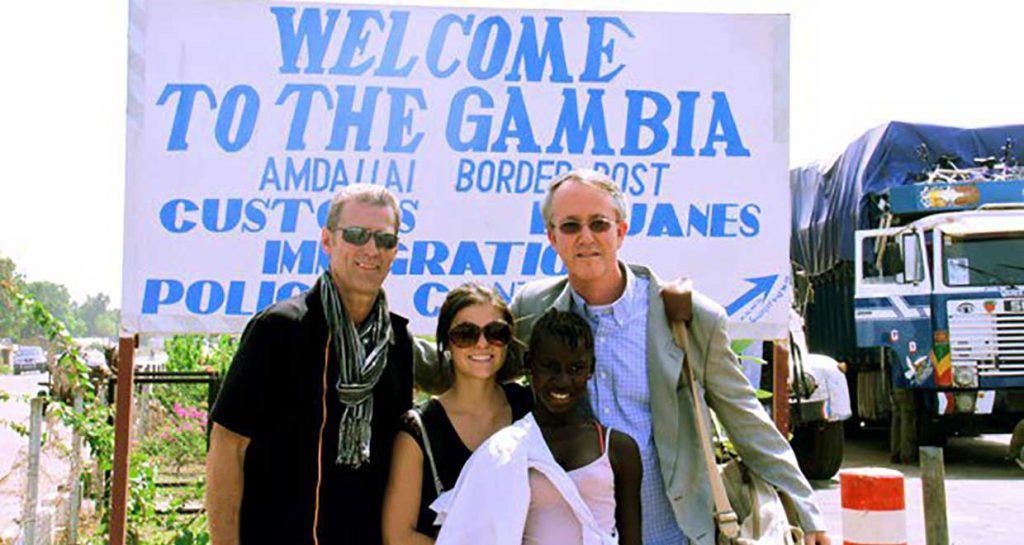
You’ve been designated the “Father of Incubators”. Kindly explain the concept of legal incubators, for the benefit of our readers.
In response to a crisis in access to civil justice in and around New York City, CUNY Law launched the first program in the nation to train recent law school graduates. Begun in 2007, CUNY’s Incubator for Justice was designed to assist CUNY Law graduates to develop the skills needed to set up and sustain economically viable small legal practices. Special emphasis was placed on developing solo and small-firm practices equipped to address the ever-growing unmet legal needs of moderate to low-income New Yorkers living in legally underserved neighborhoods. The incubator was modeled on similar programs around the nation for small business owners. Business incubators in general aim to assist start-up business owners by providing the training participants need to enhance their professional and business skills.
The goal of the CUNY incubator was to offer its participants the same sort of training that new associates receive when they join law firms, corporations and governmental or legal services organizations. Once hired, associates receive immediate access to professional training and support, and they have mentors to help with almost every aspect of their professional development. CUNY Law wanted to ensure that its graduates venturing into solo or small-firm practice had the same sort of access to quality training and mentorship as new associates.
Since the Incubator for Justice was crafted as a stand-alone project for a maximum of ten lawyers, at no point in its development or implementation did anyone imagine that the new initiative would take on a life of its own and turn into a movement in the United States—and eventually abroad. The expansion of incubator programs was due, in large part, to the economic chaos that began in 2008. As law schools, and eventually bar associations, were faced with a severe lack of job opportunities for law graduates and newly admitted lawyers, the idea of creating incubator programs became increasingly more attractive. Additionally, the economic downturn left greater numbers of people in the U.S., already ineligible for publicly funded legal services, without the resources to retain private counsel. In many ways a perfect storm led legal institutions to consider incubator development to fill a sorely needed gap in opportunities for new lawyers and access to competent and affordable representation for people of modest means.
What legal incubators are doing:
According to the 2016 Comprehensive Survey of Lawyer Incubators, published by the ABA Standing Committee on the Delivery of Legal Services and the Lawyer Incubator Directory, more than 60 incubator programs exist today. Additionally, the survey indicates the following:
- Although the first incubator emerged in 2007, three-fourths of them that responded to the survey have been created since 2014. Some of them have very recently “graduated” their first class of incubator participants, and a few have not even reached that point.
- The nature, structure and design of incubators vary greatly from one program to another. The survey demonstrates that the development of incubators has been organic. There is no template for their design and operations. While many are sponsored by law schools, several are collaborative efforts, and some are sponsored by other entities such as bar associations and foundations, legal aid programs, law firms and nonprofit organizations. The services offered by incubators, the funding sources and the range of legal services provided by the participating lawyers to their clients all vary considerably from one program to another. The ABA and the Consortium for Access to Justice have provided resources to help incubators share information but, nevertheless, programs tend to reflect the needs of both their communities and their participating lawyers in unique and varied ways.
- Incubators are aggressively advancing social responsibility through pro bono services and orientations to low- and moderate-income populations. The common denominator running through most incubators is their dual mission to prepare recently admitted lawyers to develop and launch new practices while at the same time providing services to underserved populations. Pro bono is a fixture in seven out of every ten programs.
- Incubators are providing their participating lawyers with an array of educational and practice management tools. In-kind support from legal service vendors enable incubator participants to test-drive a wide variety of resources designed to support their practices, create efficiencies and enable the delivery of services at lower costs.
- Innovation is stressed in many programs but has room to grow in others. Several of the programs are introducing concepts such as unbundled legal services, niche markets and alternative billing structures, but some focus on more traditional practice methods. This points to an opportunity for the larger community of incubator programs to draw from the resources of one another and suggests that some level of peer-to-peer technical assistance can expand an environment of experimentation.
What motivates you?
My parents and other family members taught me the value of “giving back” to the community many of the blessings that had been bestowed on me. When I was young, I always believed that I could change the world. As I got older, I realized that changing the world wasn’t a realistic goal but helping to change the lives of individuals so that their lives were more rewarding and fruitful was a more achievable goal. Once I became a lawyer, I quickly found out that lawyers can be catalysts for social change, brokers for justice and equality and valuable members of society when they use their knowledge and skills to ensure the rights of each individual in our community are respected and protected.
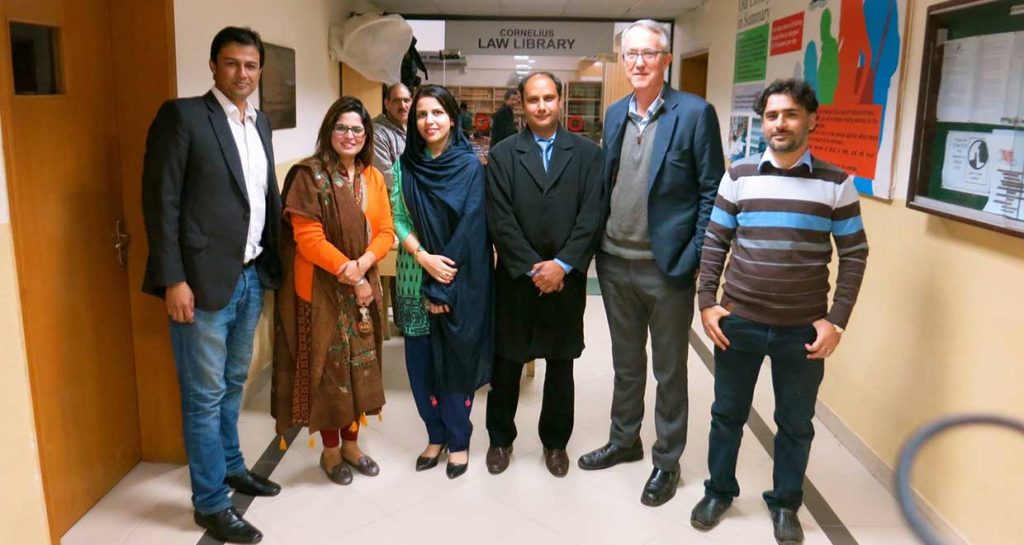
Is there something you’d change about the legal education system, if you had the opportunity?
I believe that law schools have an obligation to do more that simply confer law degrees. Given the astronomical cost of legal education in the US, law schools should continue to provide education, training and support to its graduates. The Carnegie Foundation’s Report on Educating Lawyers will lend perspective. Law school provides the beginning, not the full development, of students’ professional competence and identity. At present, what most students get as a beginning is insufficient. Students need a dynamic curriculum that moves them back and forth between understanding and enactment, experience and analysis. Law schools face an increasingly urgent need to bridge the gap between analytical and practical knowledge, and a demand for more robust professional integrity. Appeals and demands for change, from both within academic law and without, pose a new challenge to legal education. At the same time, they open to legal education a historic opportunity to advance both legal knowledge—theoretical and practical—and the capacities of the profession. Legal education needs to be responsive to both the needs of our time and recent knowledge about how learning takes place; it needs to combine the elements of legal professionalism—conceptual knowledge, skill and moral discernment—into the capacity for judgment guided by a sense of professional responsibility. Legal education should seek to unite the two sides of legal knowledge: formal knowledge and experience of practice. In particular, legal education should use more effectively the second two years of law school and more fully complement the teaching and learning of legal doctrine with the teaching and learning of practice. Legal education should also give more focused attention to the actual and potential effects of the law school experience on the formation of future legal professionals.
From your experience in legal writing, please share with our readers the kind of topics that one must write on if they hope to gain recognition for their ideas.
One should write on a topic for which the writer feels a sense of passion. Writing to help advance one’s passion or commitment to a particular idea or ideal makes writing so much more enjoyable. An article that I wrote for an American Bar Association publication on how pro bono work produces good karma was easy to do because the contents of the article flowed from my life experiences and from my heart. The written word, when used for the right purpose, can be a powerful tool to espouse one’s beliefs, as seen through social media, and to advance the idea of using law as a tool to advance liberty, justice and equality in any society.
What do your responsibilities involve, as Commissioner of the ABA’s Commission on Hispanic Legal Rights & Responsibilities?
The mission of the ABA’s Commission on Hispanic Rights and Responsibilities to address the challenges and responsibilities facing Hispanics in and within the legal system of the United States. It strives to accomplish the following:
- To provide expertise and resources to develop partnerships among internal and external constituencies of the ABA in order to address the legal issues, that are common to other underserved populations, but within the context of the experiences of Hispanics throughout the United States.
- Propose solutions and approaches for the legal profession to meet the opportunities and challenges of the Hispanic community that are exacerbated by such factors as, but not limited to, rapid population growth; language; citizenship and immigration constraints.
- Monitor and promote policies that address the unique legal challenges and responsibilities facing Hispanics in the United States.
- Develop and support community education efforts, in both English and Spanish, to inform Hispanics about their legal rights and responsibilities on key legal issues such as employment, housing, education, health care, criminal justice, voting rights, and immigration.
- Create and advance models through the development of tool kits, social media and communication methodology to transform judicial constructs, legal structures and infrastructures to better address the needs of Hispanic communities, particularly in the areas of language and access to education, employment, and improved public images.
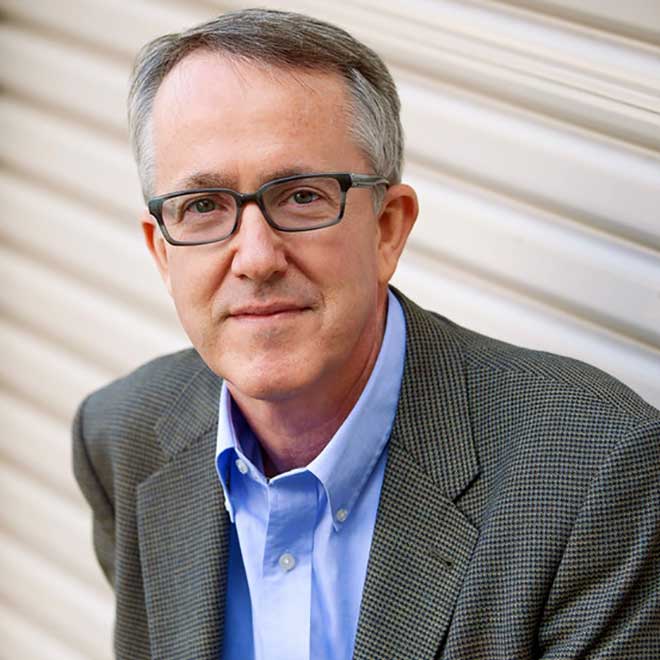
Is there any other suggestion you would like to give to our budding lawyers?
As the Quaker missionary Stephen Grellet once said, “I expect to pass through this world but once; any good thing therefore that I can do or any kindness I can show to any fellow creature, let me do it now. Let me not defer or neglect it for I shall not pass this way again.”
As lawyers, we have the potential to engage in the ongoing creation of a world that truly strives to embrace the notion that all men and women are created equal and therefore deserve to be treated as such. Helping to improve the lives of the most vulnerable members of our community, while also ensuring that we are able to adequately support ourselves and our families, will make the practice of law more analogous to a vocation than to a profession and will inevitably make that world a better place in which to live.

